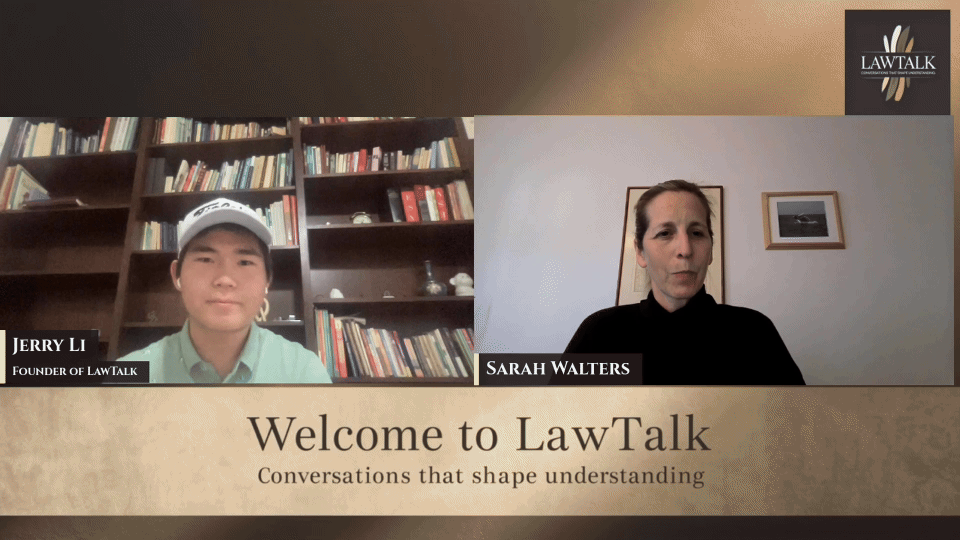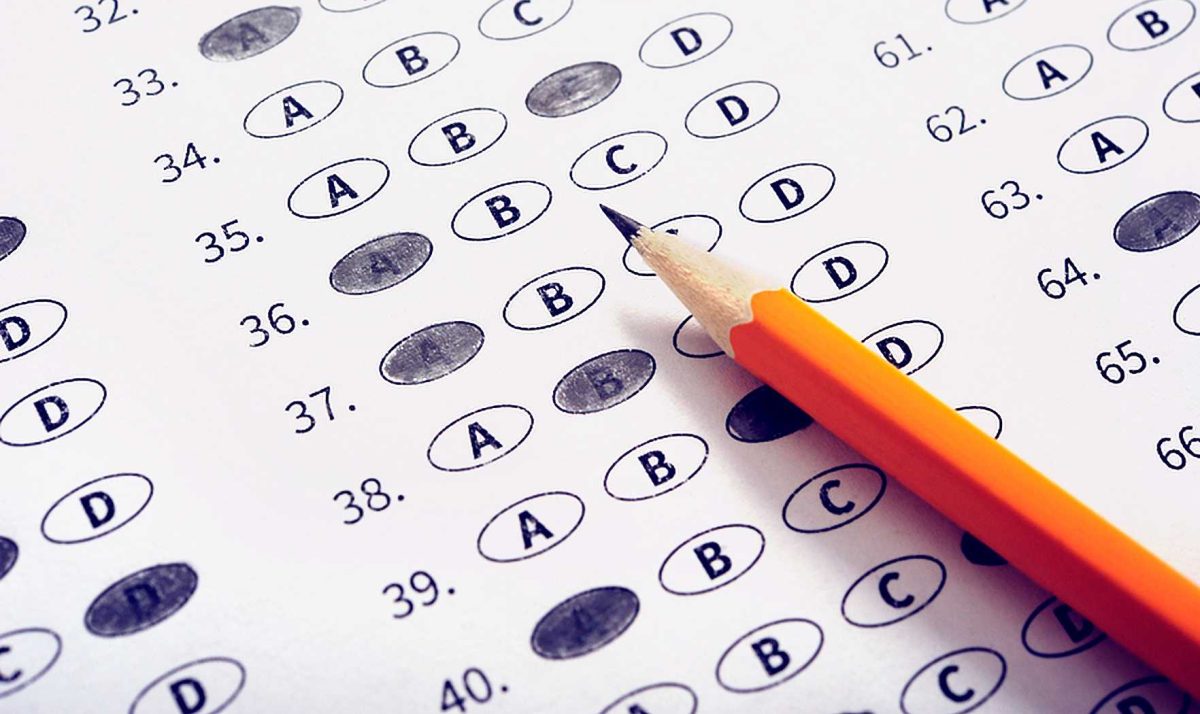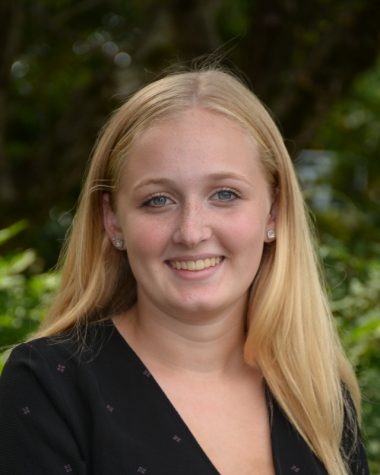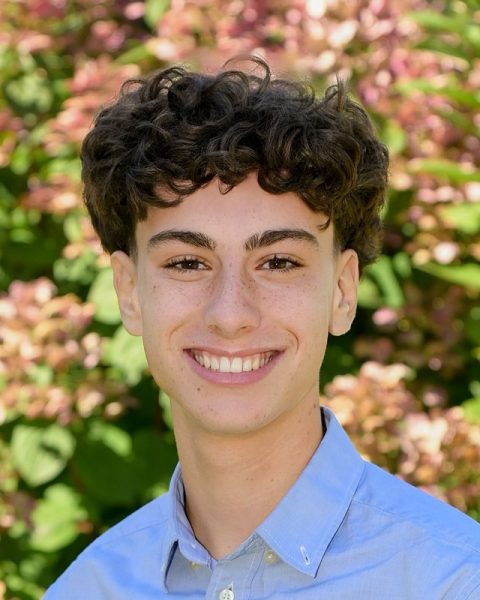School Implements New AP Class Protocol
May 9, 2019
The 2019-20 course selection guide introduced a new AP course policy, limiting students to two College Board-approved courses per academic year, while also permitting individuals to petition the School for exceptions.
“We’re giving students an opportunity to focus more on the actual learning that occurs in the classroom, and not just taking APs to put another one on their transcript,” Upper School Head Joshua Neudel said.
Along with the change, the School encourages students to discuss workload and expectations with AP teachers, regardless of what (and how many) courses they take.
“We were seeing students with too much stress, too much homework, and they were taking APs for the wrong reasons,” Director of College Counseling Cindy Pendergast said. “With this change, we hope students will feel more invested in the classes they’re taking because it is a big commitment. We don’t think students should take courses just because they think it will look good for college.”
Betty Wang ’21 signed up for AP Calculus, AP English Language and Composition, and AP Studio Art, but she wants to take a fourth AP class.
“I’m in the STEAM program, and there’s a limited amount of courses here that are engineering or science related. For me, I’m more familiar with physics, so taking AP Physics 2 would be easier for me than classes like Biotech. But [the administration] would rather I take Biotech because it’s not an AP, and I don’t think that’s very fair,” Wang said.
Reflecting on the factors that played a role in the administration’s decision, Simon Amaya-Price ’22 said, “I think the intention behind this change is a good one: it prevents students from being overwhelmed.”
However, Amaya-Price agrees with Wang in feeling like the policy can negatively affect students. “There is a negative effect of this change, as there is a minority of students who are able to handle more than two AP classes at a time, and for whom that may be the best decision for their college applications,” Amaya-Price said.
The shift comes a year after the English Department instituted, and later rescinded, a policy restricting students to enroll in just one of two AP English courses before graduation. The goal was to encourage enrollment in new, yearlong English electives for upperclassmen.
For a Jan. 17, 2018 Gator article, Co-Humanities Chair Donald Reese said that he felt strongly about students exploring different classes, and “not feel locked into both AP classes.”
After student pushback, largely about how the restriction would place seniors at a disadvantage during the college application process, the School reversed course.
Speaking to that decision, in a May 18, 2018 Gator article, Assistant Head of Academic Affairs Joe Iuliano said, “I think there was a lot of student interest in being able to take both courses if at some point in the future. “They may not necessarily do that, but having the option available was something that students wanted. We would like to support the student’s needs and desires in terms of class work as much as possible.”
With this new 2019-20 policy, however, Iuliano says that mostly underclassmen will be impacted.
“The ideal load is if you want to do AP courses, is to maybe do one in 10th grade, two in 11th grade, and two or three in 12th grade, but it depends on people’s interests,” Iuliano said. “It’s also okay to just start taking AP courses junior year, if that’s what a student wants to do.”
Iuliano said that the School will update its profile for college and universities, which will reflect its policies about AP courses.
College Counselor Anya Huston said that with potentially fewer students in AP courses, it remains to be seen whether AP scores will go up.
“But the hope is students’ stress level will go down and they will feel more balanced,” Huston said.
Editors’ note: Front page slider imager purchased from Bigstock.com.


























































